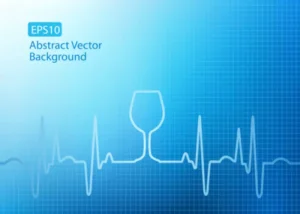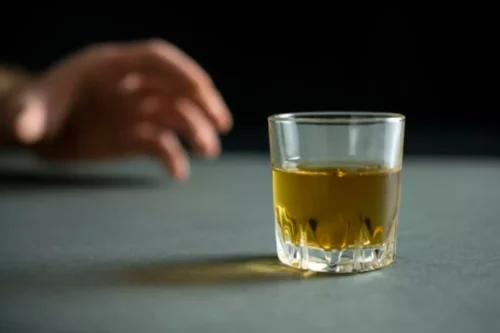
If you’re having difficulty sticking to your goal or just want some extra guidance, consider reaching out for professional support. Even if your loved one does enter treatment and recovery, there will likely be many bumps along the way. Without alcohol as a coping mechanism, deeper issues tend to rise to the surface and must be dealt with.
- If certain environments, scenarios and places tempt you to drink, the simplest and most effective approach may be to avoid them, at least temporarily.
- Ashwagandha is an herbal supplement used in traditional Indian Ayurvedic medicine.
- A second basic tenet to alcohol counseling for people who are attempting moderate or control their drinking is to pick an amount of alcohol that they will not exceed and to stick with it.
- If that’s not possible, admit your desire to drink and don’t judge yourself for it.
- You can mention a particular problem that is arising from drinking, such as financial or relationship troubles.
- Omega-3-rich fish like salmon and mackerel may also help improve focus and overall brain health.
Avoid Hard Alcohol
Switching from alcohol to nonalcoholic drinks and back can slow you down as well. Holding a drink with lime or lemon may deter others from thinking you are not drinking an alcoholic mixed drink, and they may be less likely to offer you another drink. Remember, you are more aware that you are not drinking your normal amount or that you have reduced your consumption, and others probably aren’t even aware that you made any changes. how to control drinking A second basic tenet to alcohol counseling for people who are attempting moderate or control their drinking is to pick an amount of alcohol that they will not exceed and to stick with it. The National Institutes of Health recommend that, to maintain “low-risk drinking,” men consume no more than four drinks per day and no more than 14 per week. For women, the number is no more than three per day and seven per week.
- It’s normal for certain stimuli to cause a reaction in your mind and body without even being aware of it.
- Believe me, bartenders are used to these conversations, and they will not hold it against you.
- Pay attention to the thoughts or feelings that spur you to drink.
- Quitting drinking cold turkey is not for everybody, and not everyone who binge drinks qualifies as addicted to alcohol.
- Laying it all out in black and white can take time and some serious self-examination.
Oar Health Member Stories: I Needed to Curb My Drinking But Didn’t Know How

It’s been used in traditional Chinese medicine for centuries. Some small clinical studies have shown it can reduce alcohol cravings and alcohol withdrawal symptoms. If you’ve recently noticed that you drink too much, or feel troubled by your drinking habits, you’re not alone. According to the https://ecosoberhouse.com/ Centers for Disease Control and Prevention (CDC), nearly one in six U.S. adults engages in binge drinking once a week. Cutting back has many benefits—to your health, your career, and your personal life. These symptoms may start a few hours or a few days after your last drink of alcohol.
Drugs & Supplements
Rarely has anyone come into my office with concerns about alcohol abuse because of drinking three or four drinks a few times a week. Acamprosate is prescribed to people after they’ve quit drinking alcohol to help them maintain abstinence. The drug helps ease alcohol withdrawal symptoms like insomnia, anxiety, and depression. If you’ve decided that moderation is the best way for you, help is available. At Ria Health, we believe that abstinence is not the only way to control your drinking. Instead, our modern, evidence-based approach offers online support to help you gradually reduce how much you drink.
Understand your relationship with alcohol
- Most people who seek out moderation management (MM) have already tried and been unsuccessful at stopping drinking or cutting down on their use.
- What happens if you can’t control your alcohol use with these techniques?
- While many people believe “once an alcoholic, always an alcoholic,” many people diagnosed with alcoholism can learn to control their drinking and become social drinkers again.
- If you consume alcohol when you’re sad, worried, lonely, or depressed, you may be using it as an emotional crutch.
Above all, getting informed helps you see that your loved one is sick and suffering, not trying to hurt you. The challenge to this is that many people with an alcohol use disorder are in denial that there is a problem. No matter how obvious the problem seems to others, the alcohol-dependent person may loudly deny that drinking is the cause of their troubles, and may blame the circumstances or people around them instead. The person with the drinking problem is psychologically and physiologically addicted to alcohol and requires professional help. With less alcohol in your life, you’re likely to have clearer skin, better sleep, and you may see a boost in your overall mood. Some people also lose weight as they taper off their drinking.
Eat before and in between drinks.

Tell family members and friends you want to get healthier.

